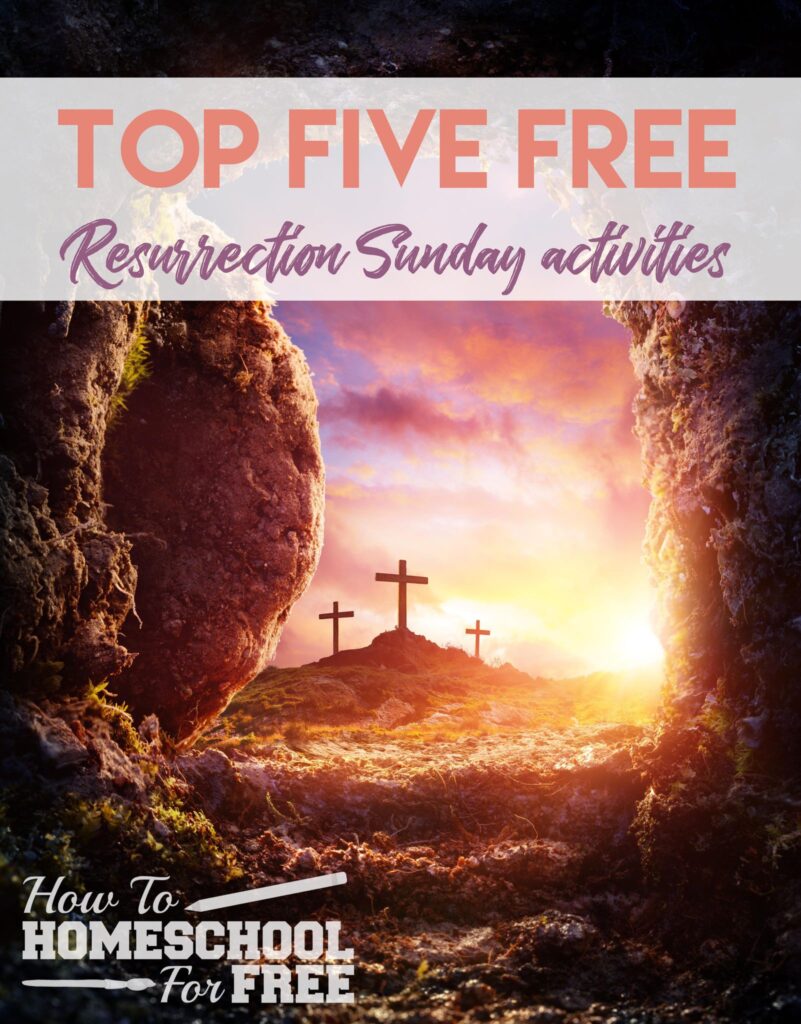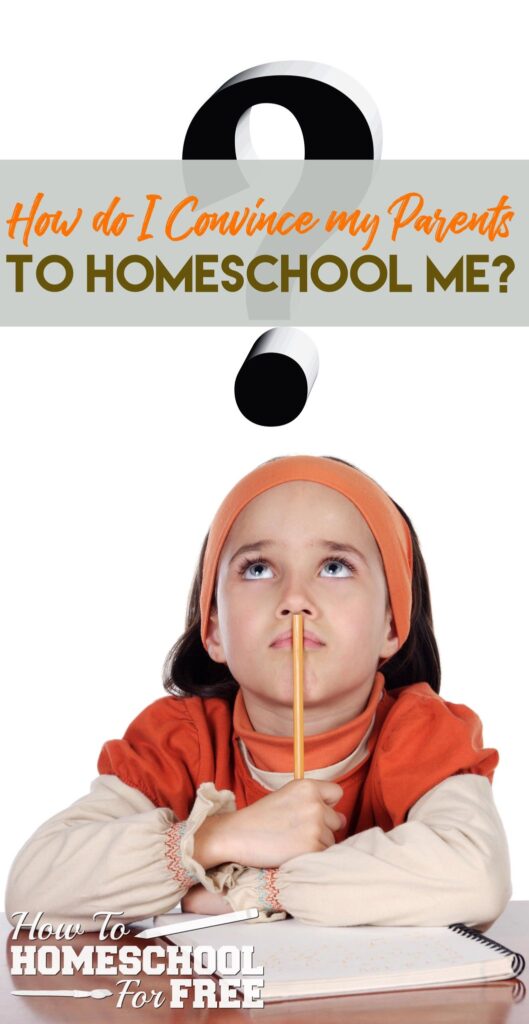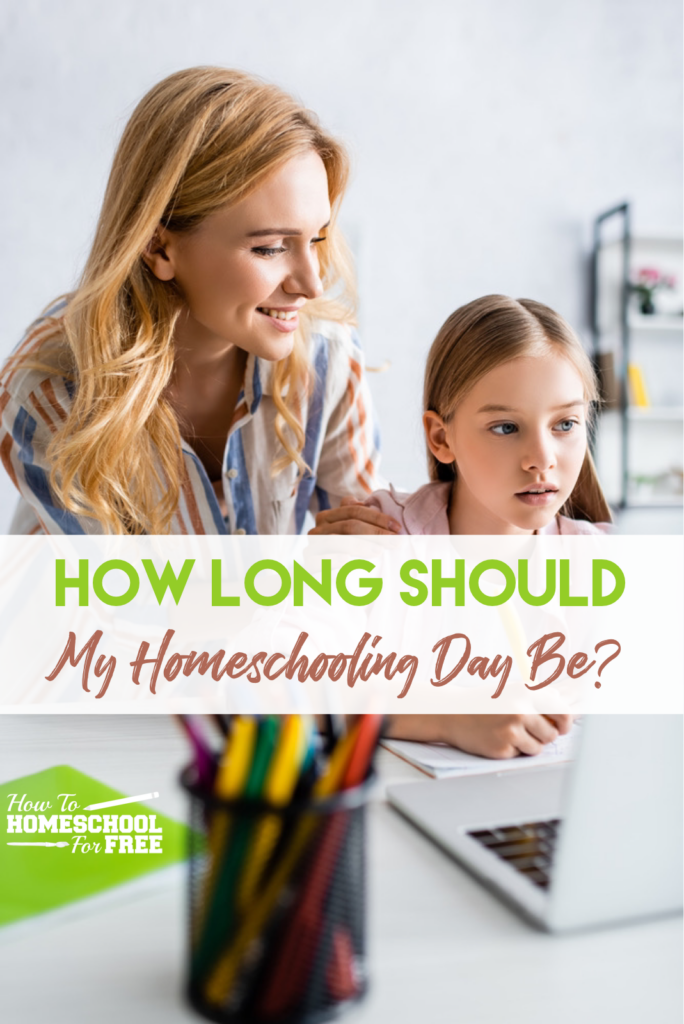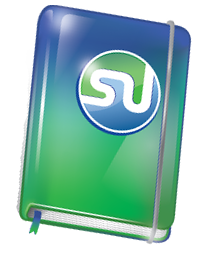
It’s that time of year when homeschoolers are planning for the upcoming graduation of their seniors. We know that there are endless possibilities for creating a special and meaningful event, and it can feel overwhelming at times. From intimate gatherings with close family and friends to larger celebrations with fellow homeschoolers, there are plenty of homeschool ceremony ideas to choose from that can truly honor and highlight the accomplishments of these graduates, and I hope this handy guide helps make your job a little easier.
Planning Your Homeschool Graduation Ceremony
Hosting your own graduation awards ceremony can serve as a platform to acknowledge the hard work and dedication by your student if that is their preference. If they prefer a larger event more like traditional school you can look up organizations in your area that hold graduation ceremonies so your homeschooler can experience a similar type graduation as students from other types of schooling. We are doing this with our kids and highly recommend it! Make sure to get your graduate’s cap and gown in time for whatever ceremony you choose.
And don’t forget to get your homeschooler their diploma as they will certainly want that for display and future proof of graduation. You can order a professionally made diploma or make your own. For homeschoolers attending college check out our post on how you can create your own high school transcript from home!
Homeschool Graduation Gift Ideas
When it comes to planning your homeschool graduation ceremony, personalization is key to making it a truly special event. Consider incorporating personalized graduation ideas such as custom photo displays, handmade decorations, or even a special tribute video. These touches will not only make the event more meaningful but also showcase the graduate’s journey and achievements in a heartfelt way.
Here are some of my favorite graduation gift ideas:
1. Gift Cards! – Gift cards are always welcome by graduates, especially cash cards and Amazon gift cards. 🙂
2. Get them an experience – Sometimes an experience if far more valuable than a gift. Find out somewhere your graduate wants to go or something they want to do and take them there, even if it’s pretty out of the ordinary!
3. Laptop Upgrade – These days everyone needs a laptop, so you may want to consider upgrading to a more recent laptop version. And a lot of them are actually more affordable than you may think!
4. Books – Why not encourage your graduate with some of those old-fashioned paper books or even an audible gift card or subscription to encourage them to let the joy of their learning journey continue! A great book for boy is 7 Men and the Secret of their Greatness by Eric Metaxas and for girls 7 Women and the Secret of Their Greatness. Both of these gifts accompanied by an encouraging message to the graduate would be a really special gift!
5. Headphones – whether it’s for their laptop or phone, having a nice set of headphones is a great gift to help make their work and play more enjoyable.
The After Party
Make sure to have a fun and enjoyable after party for your graduate. You can do it at your home or at your HOA clubhouse or a restaurant to name a few places. Some light decorations and balloons are a nice touch to make it feel more personal.
Mom and dad can get up and say some nice things about the graduate as well as anyone else. This would be a great time for a time of prayer over your graduate as well to send them off to the next stage of their life!
—
I hope this guide helps make your graduate’s day more special. Your graduate has worked hard to get to this point, so make sure to make it as meaningful and joyful as possible for your graduate!

 Passion Week (the week starting with Palm Sunday and ending with Easter/Resurrection Sunday) is an amazing time to focus on the Resurrection of Jesus while incorporating intellectual and spiritual activities to teach our children to grow in the grace and knowledge of our Lord Jesus Christ. Here are five free activities that you can incorporate into your homeschooling curriculum to make this special time even more meaningful:
Passion Week (the week starting with Palm Sunday and ending with Easter/Resurrection Sunday) is an amazing time to focus on the Resurrection of Jesus while incorporating intellectual and spiritual activities to teach our children to grow in the grace and knowledge of our Lord Jesus Christ. Here are five free activities that you can incorporate into your homeschooling curriculum to make this special time even more meaningful:



 If you’re looking for creative ways to engage your children in geography, language, and culture, these printable country word searches from
If you’re looking for creative ways to engage your children in geography, language, and culture, these printable country word searches from 







